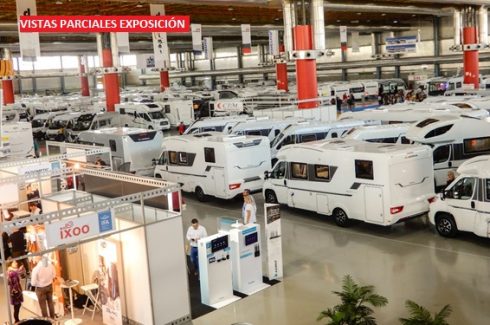BARS and restaurants throughout the Valencian Community have lost over 44% of income this year due to the pandemic.
Come December 31, businesses in the region will have made an estimated €1 billion less than in 2019, with 8,000 jobs being lost.
Despite the severity of the figures, they are in fact lower than the Spanish national average, which will hit 50% according to the Hosteleria de España Business Union (CEHE).

The losses sustained by Valencian restaurants and bars – one of the sectors to endure the strictest restrictions in the COVID-19 clampdown – are considerably less drastic than those affecting the Balearic Islands (71%), the Canary Islands (56.5%), Catalunya or Madrid (50.9%).
On a national scale, the sector is estimated to have lost €67 billion this year, with nearly one third of establishments – up to 100,000 – shutting down for good and destroying one fourth of job vacancies.
On a more optimistic note, the report by CEHE suggests that, if the vaccines are effective and a certain normality is recovered by next summer, businesses could return to their pre-pandemic level of income by the end of 2021 or the beginning of 2022.
In addition, the union also highlights the business possibilities created or boosted by the pandemic, such as the use of mobile phone apps to book tables, maximum capacity control systems and digital menus via QR codes.
Home delivery services are also expected to remain a key tool for many businesses to stay open despite the restrictions and the negative impact of the crisis.
The catering trade accounts for 6.8% of the Valencia region’s GDP, prompting regional spokespeople to call for an urgent rescue plan to prevent the closure of an estimated 10,000 bars and restaurants in January.
National Minister of Finance Maria Jesus Montero announced that the government aid package for the catering trade is due to be approved before the end of 2020.











